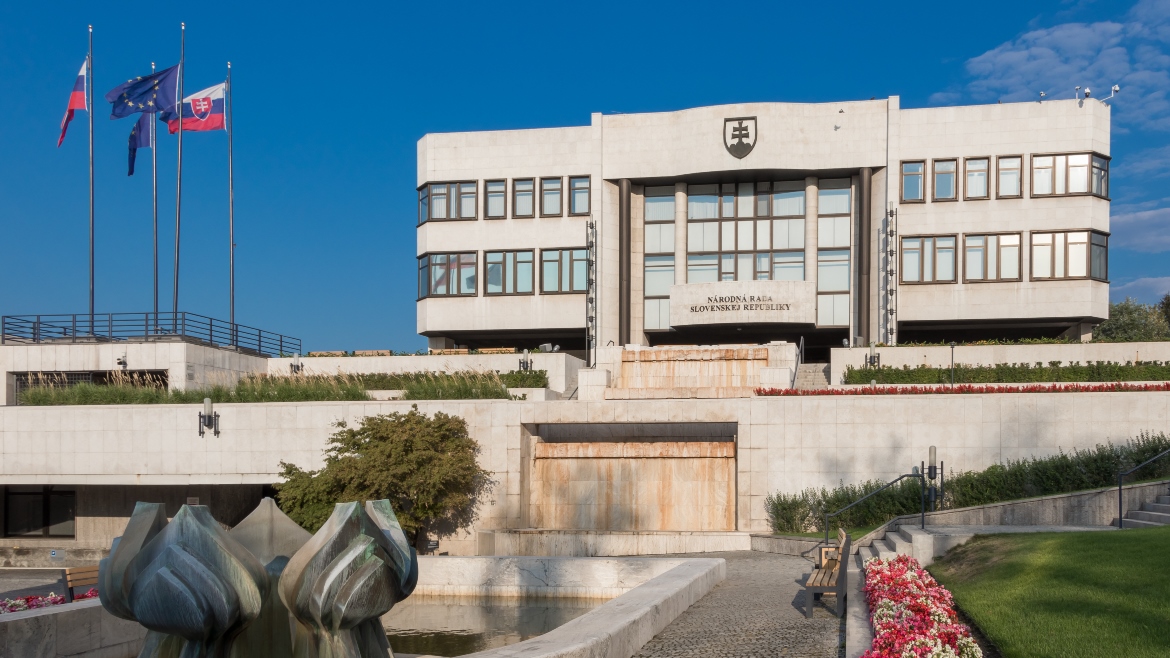In a new report published today, the Council of Europe expert body on trafficking in human beings (GRETA) acknowledges the progress achieved by the Slovak Republic in taking measures to combat human trafficking, but points out a number of shortcomings, such as the need to improve access to justice and compensation of victims, and to ensure that sanctions given to traffickers are dissuasive.
The report acknowledges that in recent years the Slovak Republic has taken some positive steps to improve its legislation and policies to combat trafficking in human beings. In 2017, the adoption of an Act on Victims of Crime gave victims a number of rights, including the right to receive state compensation. In 2018, the government adopted its 5th national programme against trafficking in human beings for the period 2019-2023.
However, GRETA underlines that the Slovak authorities should strengthen their efforts to guarantee that all victims of trafficking have access to justice by granting them legal assistance, regardless of whether they have entered the Victim Support Programme or not. GRETA urges the authorities in particular to guarantee access to compensation for victims. Although a state compensation scheme for victims has been set up, in the period covered by the report only one victim of trafficking received state compensation, and almost none received compensation from the perpetrators.
An issue of particular concern for GRETA is the leniency of sentences given to traffickers - sometimes due to plea-bargaining procedures - which may be undermining the fight against trafficking in human beings.
The Slovak authorities need to promptly investigate human trafficking offences, regardless of whether a complaint about an alleged crime has been submitted. It is also essential that human trafficking offences are not re-classified as other offences, because this deprives victims from access to protection and compensation.
GRETA is also concerned about the narrow scope of application of the legal provision concerning the non-punishment of victims of trafficking for offences they were forced to commit. GRETA calls on the authorities to extend the scope of this provision to cover all offences victims were compelled to commit, including administrative and immigration-related offences.
Furthermore, the report urges the Slovak authorities to provide in national law for a recovery and reflection period when there are reasonable grounds to believe that the person has been a victim of trafficking. Although the Slovak authorities consider that the “tolerated residence” status contained in the Act on Residence of Foreigners is equivalent to this recovery period, no third-country national has been granted this status since 2015.
Moreover, GRETA’s report recalls that the authorities need to pay more attention to detecting victims of trafficking amongst asylum seekers and persons placed in immigration detention centres, as well as to the monitoring of temporary work agencies.
The Slovak Republic remains primarily a country of origin and transit of victims of trafficking in human beings, the destination of most victims being the United Kingdom, and increasingly Germany and Austria. In the period covered by the report (2016-2019) 225 presumed victims of trafficking were identified, 55% of whom were female. Most female victims were trafficked for the purpose of sexual exploitation, but some were trafficked for forced begging, forced marriage, forced labour and forced criminality. Male victims were mainly trafficked for forced labour and forced begging.




